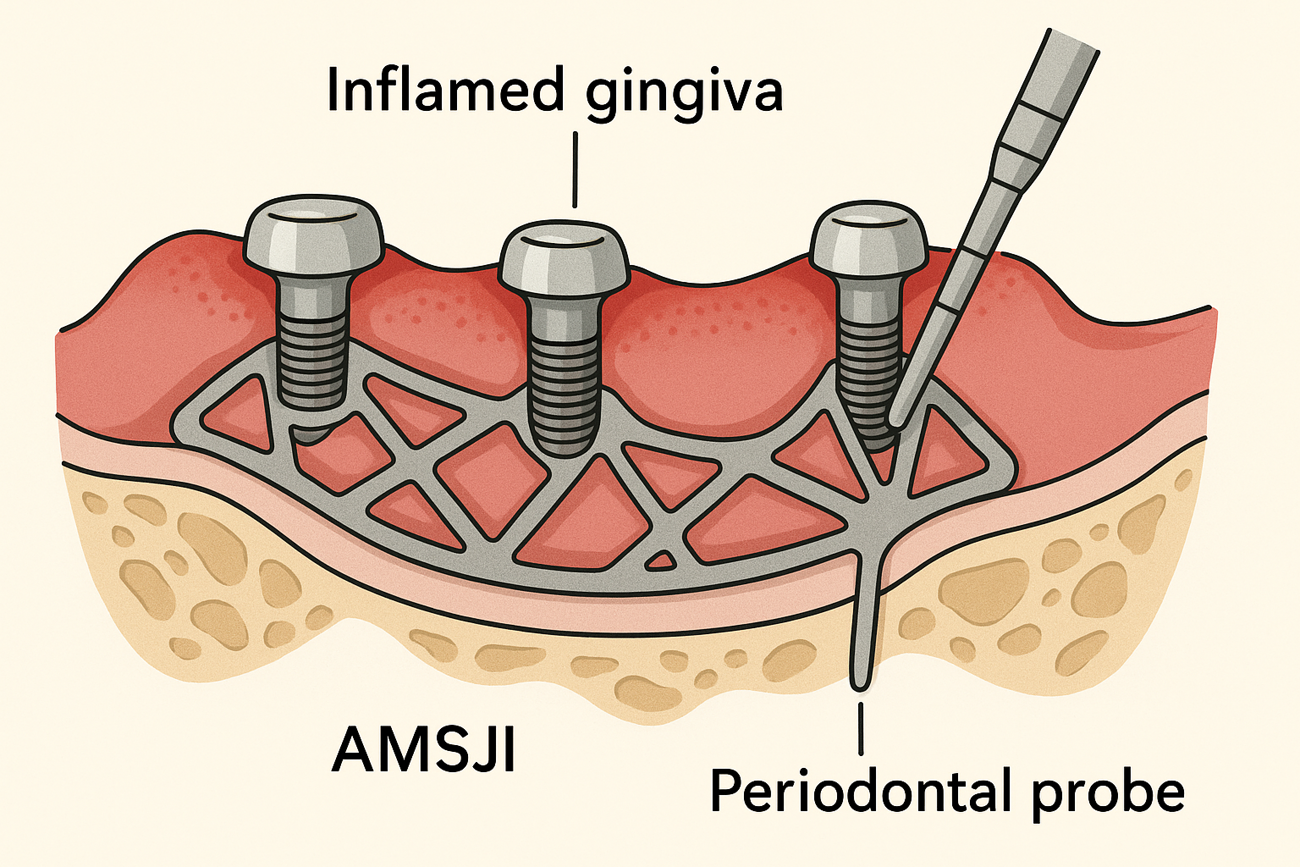
Recommendations for Checking Calcium and Vitamin D in Oral Wound Healing
? For Doctors
- Screening & Timing: Measure serum calcium and 25(OH) vitamin D before surgery (AMSJI, Facial contouring Implants). Re-check within 6–12 weeks as vitamin D takes 1–3 months to stabilize.
- Target Ranges: Maintain normal calcium; ensure vitamin D >30 ng/mL for healing. Deficiency (<20 ng/mL) increases risk of delayed wound healing or implant failure.
- Clinical Integration: Screen high-risk patients (smokers, periodontal disease, systemic illness, prior implant failure). Supplement deficiencies pre-surgically to reduce inflammation and support bone remodeling.
- Follow-up: Monitor calcium and vitamin D post-operatively if healing is slow or complications occur.
? For Patients
- Why It Matters: Low calcium or vitamin D slows healing, weakens teeth, and raises implant failure risk. Adequate levels strengthen bones and gums for recovery.
- When to Test: Ask for a blood test before implant or gum surgery. If on supplements, recheck after 2–3 months.
- How to Maintain Healthy Levels: Calcium from dairy, greens, nuts (or supplements). Vitamin D from safe sun, fatty fish, fortified foods, or supplements.
- Watch for Signs: Low calcium: gum bleeding, fragile teeth, weak jaw. Low vitamin D: infections, delayed healing, loose implants, receding gums.
- Follow Your Physician’s Advice: Take supplements as prescribed. Attend follow-up visits to track healing and results.
